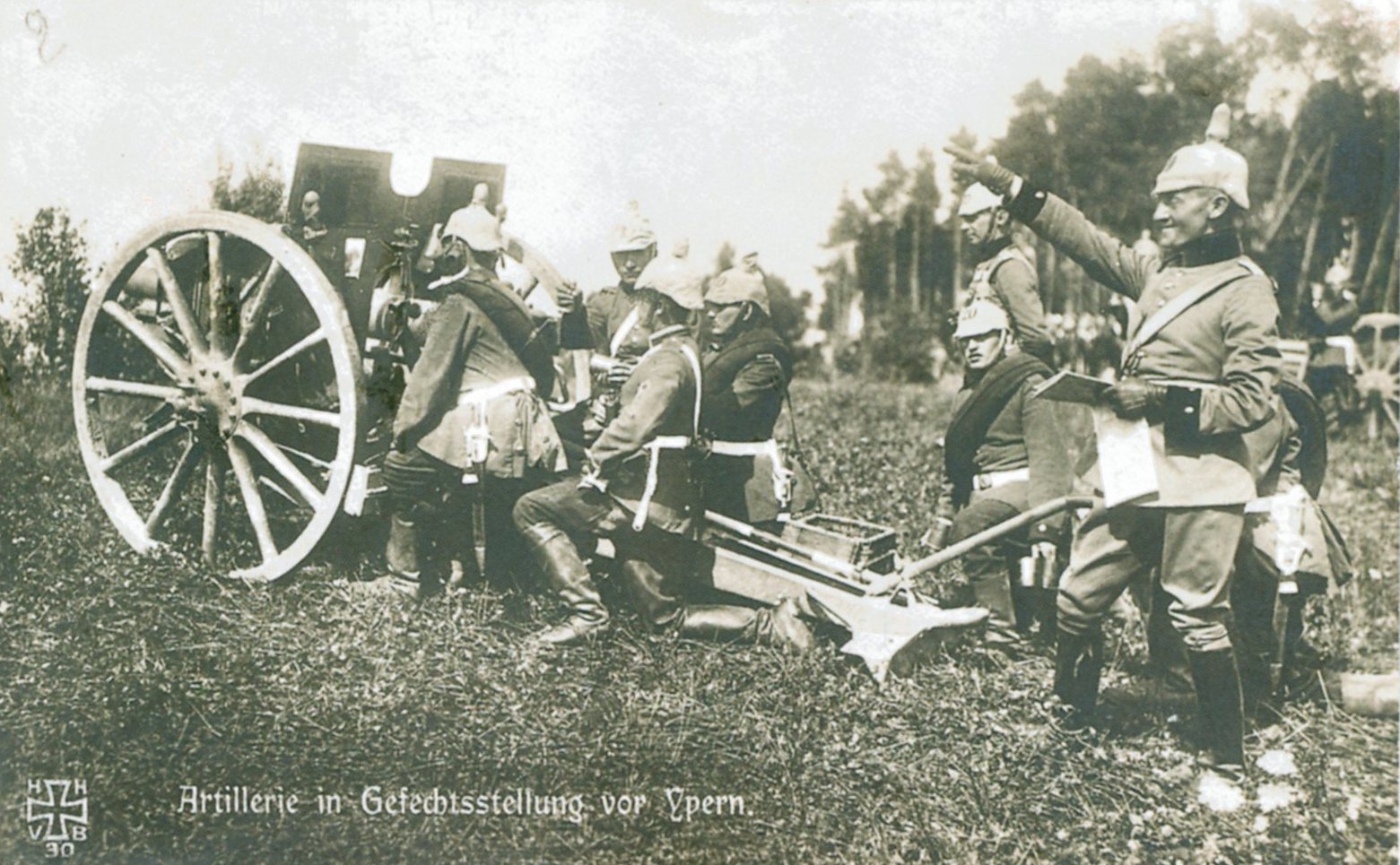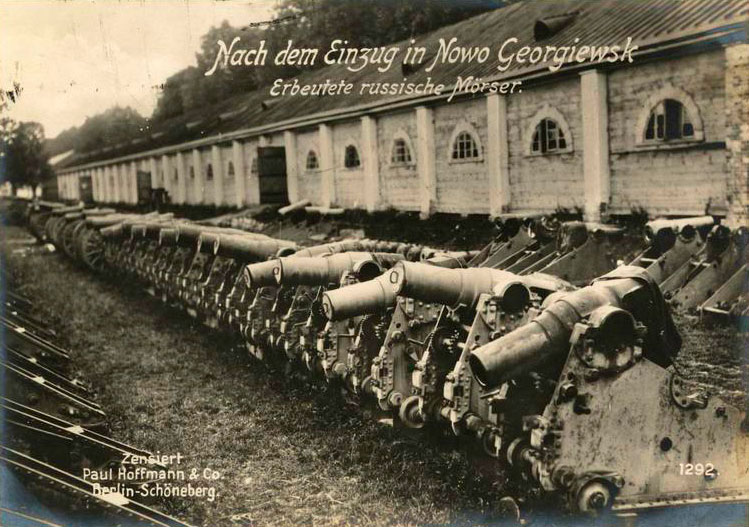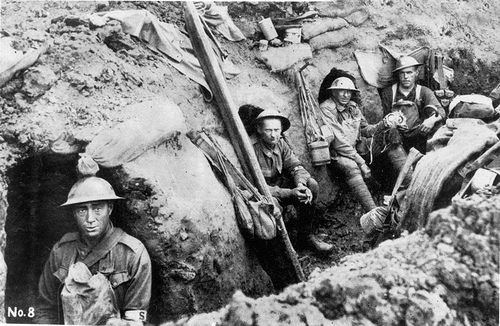German, Ottoman Victories Yield Secret Peace Offer to Russia;
Russian, British Defeats Force Strategic Shift on Western Front.
Special to The Great War Project
(18-21 August) With the collapse of the Russian army on the Eastern Front – coupled with the disaster for the British at Gallipoli in northwestern Turkey – the British are facing a strategic crisis.
On these days a century ago, Britain’s War Minister, Lord Kitchener, travels to France to consult with General Douglas Haig, his commander on the Western Front.
The Russians have been “severely handled,” Kitchener tells Haig.
It seems Russia is losing “a fortress, a city, or a town” every day….
… according to historian Martin Gilbert.
To take the pressure off Russia, Kitchener tells Haig, “Britain and France must both ‘act vigorously’ on the Western Front.”
This is a sharp turnaround for Kitchener, who just a month earlier rejects a proposal to mount an offensive on the Western Front.
Indeed Russia does continue to face significant losses nearly every day, “culminating on August 19th with the surrender of 90,000 officers and men” at the western Russian town of Novo-Georgievsk. The Russians also lose 1600 cannon and more than a million artillery shells.
Back in London, Kitchener tells Winston Churchill, the First Lord of the Admiralty, that “he had agreed with the French to a great offensive in France.”
Churchill’s response is immediate. “I said at once that there was no chance of success. He said that the scale would restore everything….He had an air of suppressed excitement like a man who has taken a great decision of terrible uncertainty.”
The renewed British offensive in the west is planned for later in September, at the northern French city of Loos.
In Berlin on August 20th, the Reichstag – the German Parliament — votes to spend more money on the war effort. Only one member votes no. He is the radical communist leader Karl Liebknecht, who according to Gilbert, demands immediate peace talks.
At the same moment, Albert Einstein writes to a friend in Holland, “I am bitterly disappointed at the narrow nationalist bias to be found even among men of great stature.”
In an effort to remove Russia from the battlefield altogether, Germany secretly proposes a peace plan with St. Petersburg. But the plan would keep the territories conquered in German hands.
“The Russian government replied that there could be no peace while a single German or Austrian soldier was on Russian soil,” writes Gilbert.
“Two million more men were about to be called into the Russian army.”
Also on this day a century ago, the British launch their final assault on Suvla Bay on the Gallipoli peninsula.
“But the Turks,” reports Gilbert, “were by then in position, well dug in, well-armed and determined not to give ground.”
During this battle, at a spot designated Hill 60, one Australian unit loses 110 out of 150 men. Another Australian unit also takes heavy casualties. “As the wounded men lay in the scrub, Turkish shelling set it on fire,” reports Gilbert. “The scrub burned out of control, the soldiers’ clothes caught on fire, and many died before help could reach them.”
Another British attack is launched at a spot called Scimitar Hill, and it is equally devastating for the Allied troops.
Scimitar Hill is the last Allied attack on the Gallipoli Peninsula, and according to historian Gilbert, “it is the most costly.” It is also one of the least successful. More than fourteen thousand Allied troops take part. “More than 5,000 were killed or wounded.”
The Turkish forces lose half that.
The Gallipoli campaign is all but ended. The British plan to force the Dardanelles and reach Constaninople, the Ottoman capital, is a disastrous failure.
“The Allies had lost 265,000,” the Turks probably 300,000, writes war historian John Keegan. The New Zealanders alone lose nearly 15,000.
“Yet,” observes Keegan, “of all the contingents which went to Gallipoli, it was the Australians who were most marked by the experience and who remembered it most deeply, remember it indeed to this day” – precisely a century later.



